Imagine stepping into your home and feeling tranquility and warmth, not just from the physical lighting but from the atmosphere it creates. This is the magic of ambient lighting, a cornerstone in home design that goes beyond mere illumination. It sets the emotional temperature of your space, providing a backdrop against which all other elements come alive.
Among the diverse options for ambient lighting, LED strips are increasingly stealing the limelight. They’re the unsung heroes, akin to a bassline in a song—quietly laying the groundwork yet fundamentally irreplaceable.
The Benefits of Ambient Lighting
Creates a Natural Effect
At its best, ambient lighting doesn’t just brighten a room; it transforms it. Ambient lighting breathes life into spaces through its ability to emulate natural light. Imagine waking up to a sunrise-like glow and ending the day with a soothing sunset ambiance—all programmed into your lighting system. What makes this feature especially intriguing is its potential for circadian rhythm synchronization, which can contribute to improved sleep and overall well-being. By softening edges and dissolving harsh contours, ambient lighting ensures your space remains inviting and homely.
Adds Coziness and Mood
The psychological impact of lighting is a burgeoning field of study. While it’s easy to underestimate, its role in shaping our mood and mental state is crucial. When done right, ambient lighting can serve as an emotional cushion, absorbing stress and exuding a tranquil energy. It’s not just about illuminating a room; it’s about setting the stage for your life’s daily dramas, whether a family dinner or a cozy evening alone. By curating a harmonious blend of brightness, shadow, and color, you craft a space that can invigorate the spirit, soothe the soul, or even ignite romance.
What Makes Ambient Lighting Unique?
Different Sources of Light
As a homeowner, you’re presented with many lighting choices, each with pros and cons. Classic options like table lamps and chandeliers have an enduring aesthetic appeal but often need more adaptability. Bulbs—whether incandescent, CFL, or LED—have been a reliable staple, but they usually offer limited customization. Enter LED strips: these incredibly versatile lighting solutions can be affixed almost anywhere and personalized to a tee. What truly sets them apart is their chameleon-like ability to adapt to any environment, complementing or even enhancing a room’s purpose and aesthetic.
The Play of Colors
In the realm of lighting, knowledge is indeed power. Familiarity with the Kelvin scale, which measures color temperature, offers a nuanced control over your ambiance that most people overlook. Higher Kelvin values (above 5000K) emit a cool, bluish light perfect for spaces requiring concentration and alertness—think home offices or kitchens. Conversely, lower Kelvin values (around 2700K–3000K) produce a warm, golden glow, replicating the comforting aura of natural sunset, ideal for living rooms or bedrooms. Understanding and manipulating this scale can drastically affect your lived experience, adding a layer of sophistication to your home’s ambiance.
Dive Deep Into Types of Ambient Lighting
Classic Light Fixtures
While the venerable chandelier and unassuming ceiling light might seem like relics in our age of smart homes, they still hold their ground as quintessential sources of ambient lighting. Chandeliers, in particular, provide more than just light; they offer an aesthetic focal point that can define an entire room. However, these traditional options may offer a different range of customization than newer innovations. They’re typically best for settings where you want a fixed, consistent light source without the daily fluctuations or mood-based adjustments.
Smart Bulbs
Transitioning into the era of IoT (Internet of Things), smart bulbs offer a level of control and customization that would have seemed like science fiction a decade ago. Controlled via smartphone apps or voice commands, these Wi-Fi-enabled marvels can adapt their color and intensity to suit your every mood. Imagine a romantic dinner bathed in a soft, rose-hued glow or a study session invigorated by bright, daylight-like illumination. Smart bulbs don’t merely light up spaces; they adapt to your life, making them an increasingly popular choice for ambient lighting.
LED Strips: The Modern Solution
LED strips are rapidly outshining traditional lighting sources in many contemporary homes. They offer the benefits of energy efficiency and versatility that few other options can match. Additionally, the ease of installation—often as simple as peel and stick—has made them the darling of DIY home designers. Whether you want to add a dash of color to your gaming setup or bring a cozy atmosphere to your bedroom, LED strips come in an array of options that make them an ideal, modern lighting solution.
A Closer Look at LED Strips
Why Choose LED Strips?
So why have LED strips emerged as a leader in the ambient lighting game? Firstly, their cost-effectiveness must be balanced. When you factor in their longevity—they can last up to 25,000 hours—you’re looking at a wise, long-term investment. Additionally, they consume less power compared to traditional lighting solutions, aligning with the growing trend toward sustainability. It’s not just about the money you’ll save; it’s also about minimizing your ecological footprint.
Different Types of LED Strips
The flexibility of LED strips is further highlighted by the sheer variety available. For the purists, single-color LED strips offer a classic ambiance. Still, if you’re in the mood for something more dynamic, multi-color strips are your go-to. Even better, smart LED strips can be controlled through apps or smart home ecosystems, allowing you to tailor your ambient lighting conditions from your smartphone.
How to Install LED Strips
Installing LED strips is almost as simple as using them. The process generally involves a few simple steps: measuring the area where the strip will be installed, cleaning that surface thoroughly, peeling off the adhesive back, sticking the strip, and then connecting it to a power source. You don’t have to be a DIY expert to get it done; many brands offer comprehensive tutorials to guide you through each step, ensuring a hassle-free setup.
Safety Guidelines for LED Strips
As with any electrical installation, safety should be a top priority. Check the IP ratings, which measure resistance to water and dust, particularly if you plan to install your strips in moisture-rich areas like bathrooms or kitchens. Some LED strips even offer features like short-circuit protection, so you can light up your home without igniting worries.
Creating Perfect Ambiance with LED Strips
Room-Specific Lighting Tips
When curating your ambient lighting, consider the room’s primary function. Warmer tones can pave the way for a calming, sleep-friendly environment for bedrooms. Kitchens, being the workspace they are, benefit from a brighter, cooler light that provides clarity during intricate tasks like chopping or reading recipes. As for living rooms, they serve multiple purposes—from hosting guests to binge-watching your favorite shows—making them prime candidates for a hybrid lighting strategy. Thus, adjusting the lighting in accordance with the functional zones within the living room can result in a more versatile, inviting space.
Combining Different Types of Lighting
Be bold in integrating various lighting forms for a genuinely layered and dynamic lighting experience. Incorporate indirect lighting to wash walls softly, task lighting for focus areas, and set the mood with specialized settings for moments that require a specific ambiance. Equipped with dimmer controls, you can effortlessly transition from a high-focus workspace to a cozy reading nook or a romantically lit dinner space. These techniques help achieve a comprehensive, multi-dimensional lighting landscape in your home.
Equipment Required for LED Strip Setup
From Measurement to Switch On
Setting up LED strips is smooth, but you need the right components to start. Most basic installations require LED strips, connectors for any turns or angles, a compatible power adapter to keep things running, and a controller for light adjustments. Many brands offer kits that include all these essentials, making it a straightforward, one-stop-shopping experience for consumers. Yet, don’t just buy blindly; ensure that the kit you choose serves your specific ambient lighting requirements.
Advanced Tips for Optimal Lighting
While LED strips are straightforward in design, how you utilize them can add a layer of complexity and personalization to your lighting. Features such as dimmability allow you to control the light intensity according to your mood or activity. Moreover, controllers enabling programmable settings can save you time by automating your lighting adjustments. Different LED strip designs come with varying LED density (the number of LED units per meter), allowing you to choose a strip that provides the ideal balance between brightness and energy consumption. Investing time in understanding these variables can take your lighting from basic to exceptional.
Things to Consider When Choosing LED Strips
What to Look For
When shopping for LED strips, there are several crucial factors you’ll want to take into account. The length of the strip is a fundamental consideration; you’ll want to measure the space where you plan to install them. Brightness levels, typically measured in lumens, are also vital, especially if the strips will serve as your primary light source. Beyond that, consider the color options available. Some strips offer multiple hues, perfect for mood lighting. Lastly, scrutinize the IP ratings if you intend to use the strips in moisture-prone areas like bathrooms or kitchens. A higher IP rating ensures excellent water and dust resistance.
Where to Use LED Strips
The beauty of LED strips lies in their versatility. The applications are nearly endless, whether it’s mood lighting in your bedroom, accentuating architectural features, or under-cabinet lighting in your kitchen. They’re an excellent choice for staircases, providing safety and aesthetic appeal. And contrary to popular belief, LED strips can also be suitable for bathrooms; make sure to check the IP rating for water resistance.
Real-life Testimonials
Sara, a seasoned interior designer, raves about the transformative power of multi-color LED strips. She recently reimagined her client’s living room into a sanctuary of comfort and elegance.
Meanwhile, a tech enthusiast, Mark has fully integrated smart LED strips into his home automation system. This allows him to synchronize his lighting with other smart home devices, offering a seamless, dynamic living experience.
Frequently Asked Questions (FAQ)
Are LED Strips a Cost-Effective Lighting Solution?
Indeed, LED strips are incredibly cost-effective. First, let’s talk about energy efficiency. These strips consume significantly less energy than traditional incandescent or fluorescent lights, sometimes up to 80% less. This means a smaller energy bill at the end of the month and a more eco-friendly household overall. Regarding durability, some LED strips are rated to last up to 25,000 hours, meaning less frequent replacements and more savings. The reduced power consumption and longer lifespan translate into substantial cost benefits over the long term, making it an aesthetic choice and a financially smart one.
How Do I Control Smart LED Strips?
In our digital age, smart LED strips have various control options. Most commonly, they are operated via a dedicated smartphone app. These apps offer an intuitive interface that allows you to change colors, adjust brightness, and set lighting schedules. You’re not just flipping a switch; you’re orchestrating an experience. Moreover, smart LED strips are often compatible with voice-activated home assistants like Alexa or Google Assistant. Imagine telling your home to set the mood for a romantic dinner or a movie night. The sheer convenience and customization possible with smart LED strips make them a noteworthy addition to any modern home.
Can You Create Ambient Lighting Without a False Ceiling?
Yes, a false ceiling is not a prerequisite for installing ambient lighting. LED strips are incredibly flexible, offering multiple installation options like under cabinets, around furniture, or along baseboards. Without a false ceiling, focus on illuminating architectural features or creating light layers to achieve the desired ambient effect. Think of spots like bookshelves, nooks, or even the underside of a coffee table. You can turn any room into a masterpiece of light and shadow without needing an expensive or intrusive false ceiling.
Where Should You Place Ambient Light?
Placement is crucial for optimizing the impact of ambient lighting. While ceiling installations are common, take into account other areas. Under-cabinet lighting in kitchens or bookshelf backlighting in living rooms can be impactful. For staircases, consider installing strips along the steps or handrails. In bathrooms, LED strips behind mirrors can make a significant difference. Your room’s architecture and personal aesthetic preferences will dictate the ultimate placement. Still, the versatility of LED strips makes them adaptable to virtually any space.
Does Ambient Lighting Using LED Strips Mess up Walls?
No, the fear that LED strips will damage your walls is largely unfounded. Most LED strips come with non-damaging adhesive backs that can be safely stuck to walls without leaving residue or causing paint to peel. If you’re especially concerned, there are alternative installation methods, such as using light strip channels or clips that can be affixed to the wall with minimal impact. Always thoroughly clean the surface before applying any adhesive to ensure the best possible grip and the most minor damage. It’s also advisable to test a small, hidden area first to ensure no reaction between the adhesive and your wall’s finish.
Do Ambient Lights Work With Dimmer Switches?
Yes, many modern LED strips are compatible with dimmer switches, allowing you greater control over the brightness level. Dimmable LED strips are ideal for rooms with varying light levels throughout the day. A dimmer switch lets you adjust the lighting from breakfast to bedtime to suit your mood, activity, or time of day.
Which Color is Best to Use for Ambient Lighting?
The best color for ambient lighting depends on the mood you’re trying to set. Cooler tones, with higher Kelvin values, are excellent for focus-driven tasks and spaces like home offices or kitchens. Warmer tones, with lower Kelvin values, are ideal for relaxation and are often used in living rooms and bedrooms. Some LED strips offer a range of colors and even multi-color options, allowing you to switch colors based on your needs.
Is Ambient Light the Same as Natural Light?
While ambient light mimics the effects of natural light, they are not the same. Ambient lighting is a controlled form of artificial lighting designed to illuminate a space evenly. It can be tailored to emulate natural light patterns. Still, it remains a human-made solution, unlike sunlight’s organic, ever-changing nature.
Which is the Healthiest Ambient Light Color for Your Eyes?
It’s generally believed that warmer colors are easier on the eyes, particularly for extended periods. That’s why many opt for yellows and oranges when setting up ambient lighting for spaces where they’ll be for longer durations. Some studies suggest that cooler light can be stimulating but also contribute to eye strain if exposed for too long.
Which Color Ambient Light is Suitable for Sleep, and Which is Harmful?
For sleep, it’s advisable to choose warmer colors like red or orange. These colors are less likely to interfere with melatonin production, vital for rest. On the other hand, cooler colors like blue or white can suppress melatonin and potentially disrupt your sleep cycle.
Conclusion and Final Recommendations
If you’re yet to embrace the transformative power of ambient lighting, there’s no better time than now. Among the many options available, LED strips emerge as the uncontested champions in terms of modernity, energy efficiency, and versatility. The possibilities are limitless, from setting up a tranquil bedtime environment to crafting an energetic party ambiance. With LED strips, you’re not just changing your lighting but enhancing your entire living experience. So, switch today and illuminate your world in ways you’ve never imagined.
In the dynamic world of ambient lighting, quality and innovation are paramount. That’s where Unitop, one of China’s leading LED-Leuchtbänder und LED-Neon-Flex manufacturers, comes into play. Don’t hesitate to Kontaktieren Sie uns with further questions or specific lighting requirements. Our proven LED industry expertise makes us your go-to resource for transforming your living spaces. Experience the Unitop difference today.

Tom ist jetzt der Verkaufsleiter von Unitop (China) Co., Limited. Er war in der LED-Beleuchtung Industrie seit 2005. Er ist Experte für Vertrieb und Marketing sowie für Fabrikmanagement. Er mag Bodybuilding und ist außerdem ein verrückter Apple-Fan! Er ist ein fleißiger Kerl und liebt es, neue Dinge zu lernen und auszuprobieren.
E-Mail: tom@unitopledstrip.com WhatsApp: +86-18680307140

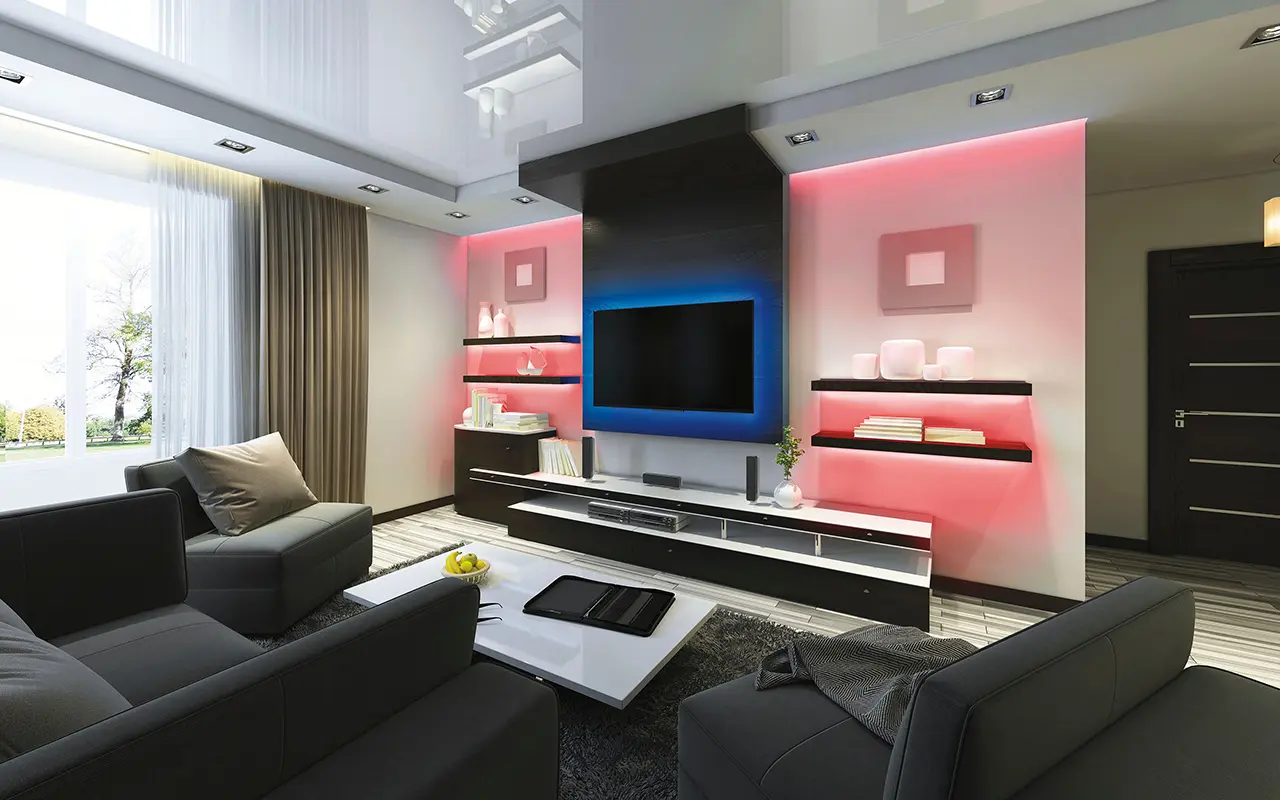
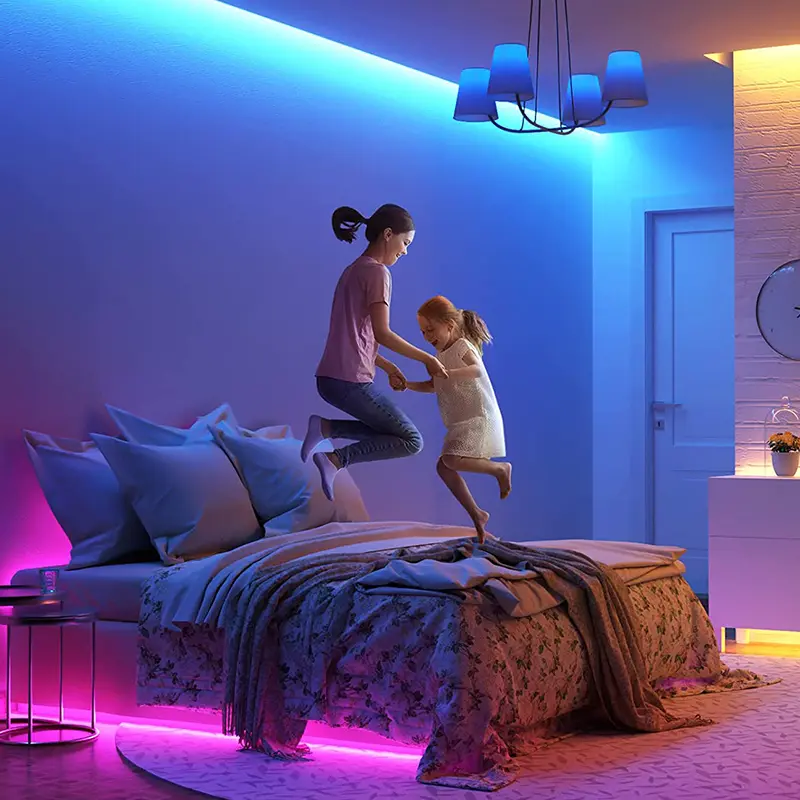

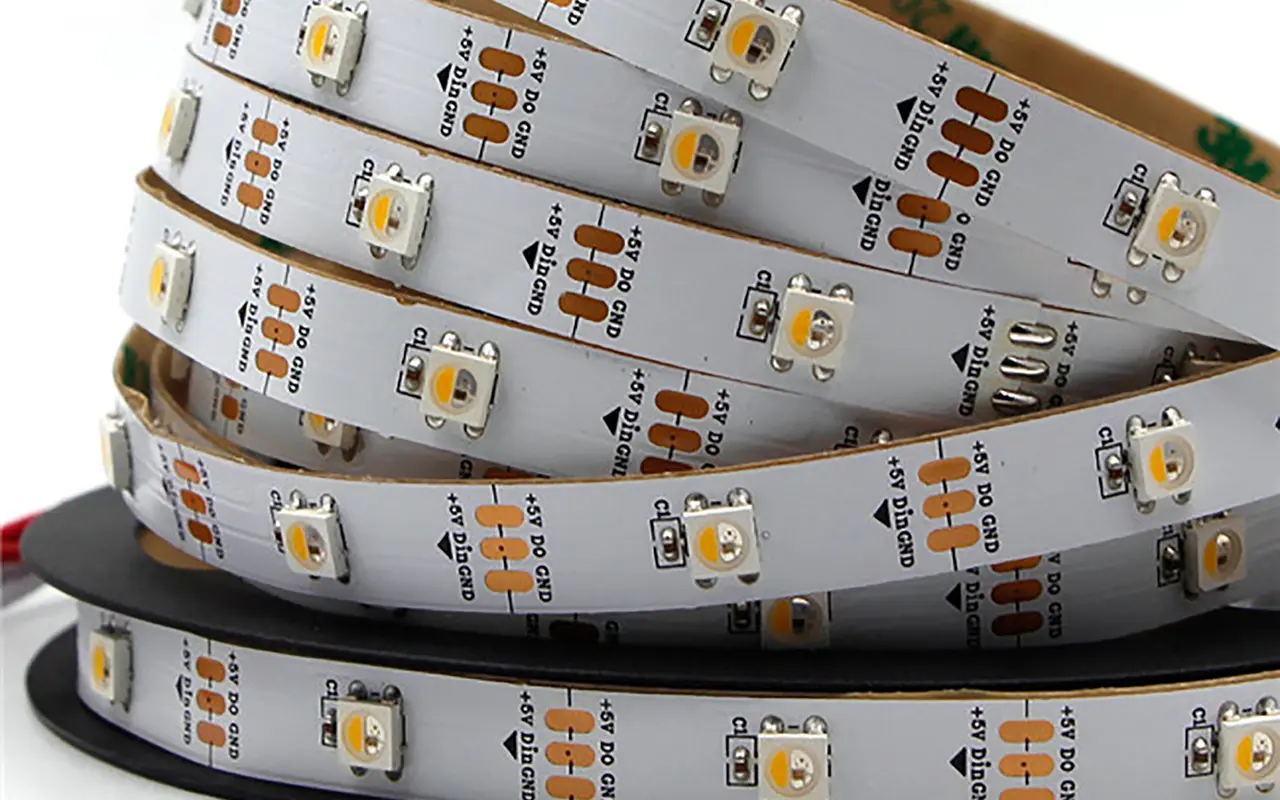
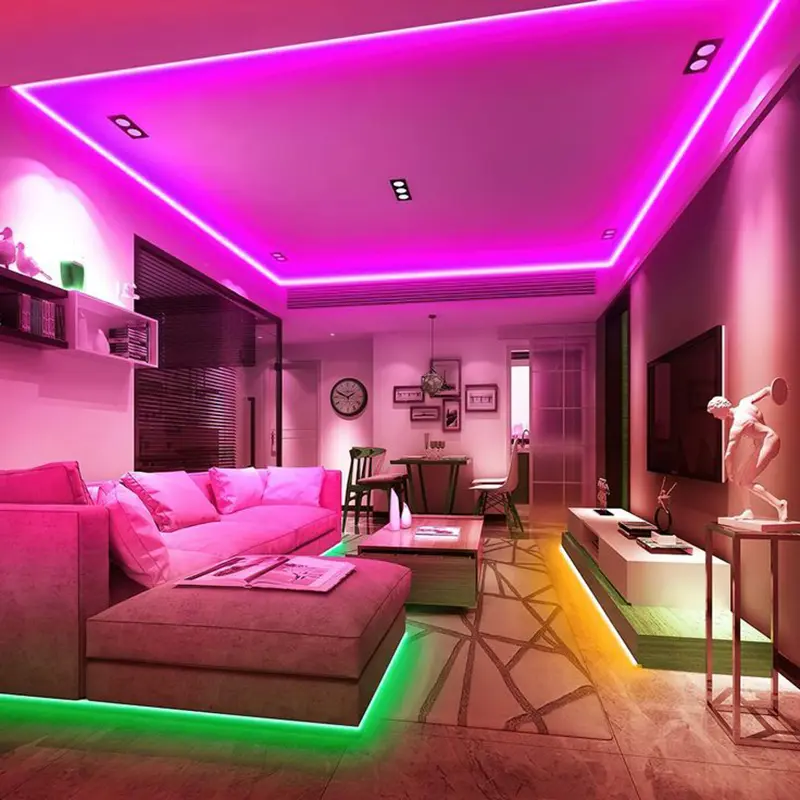
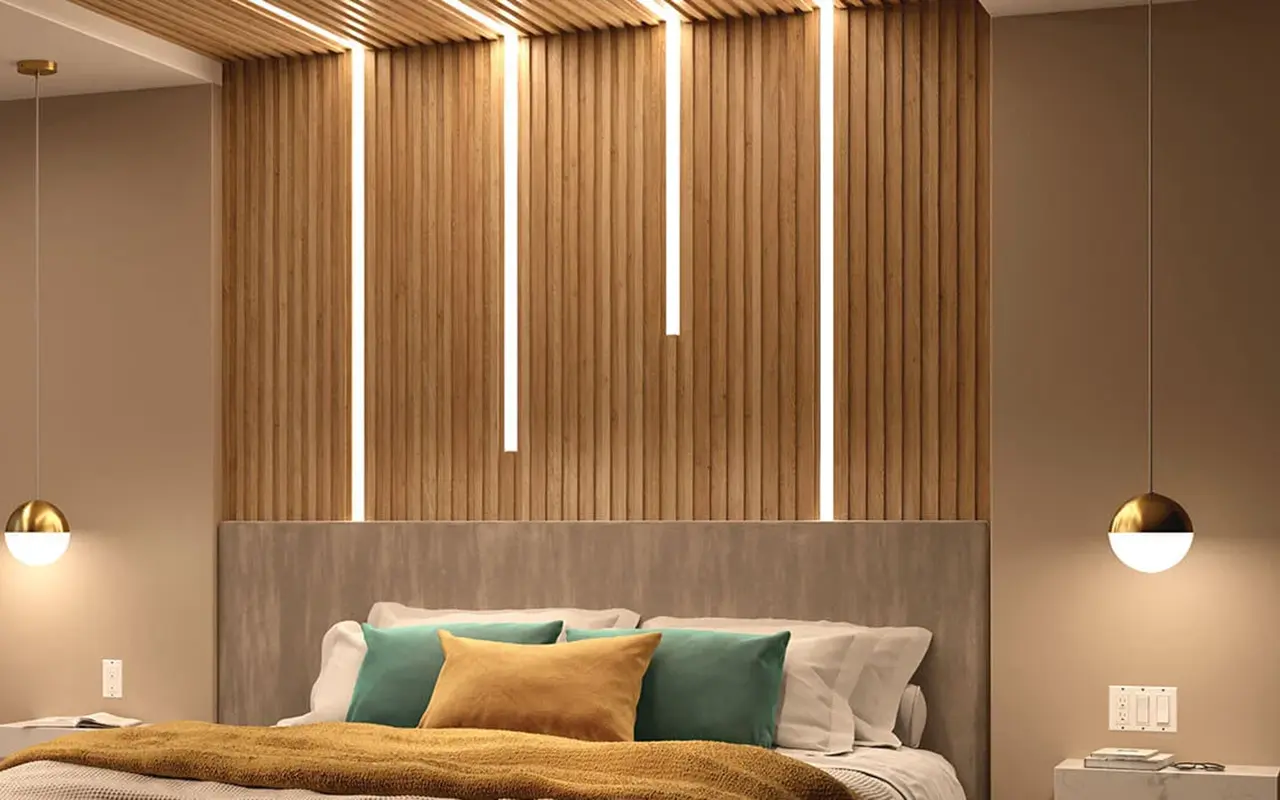


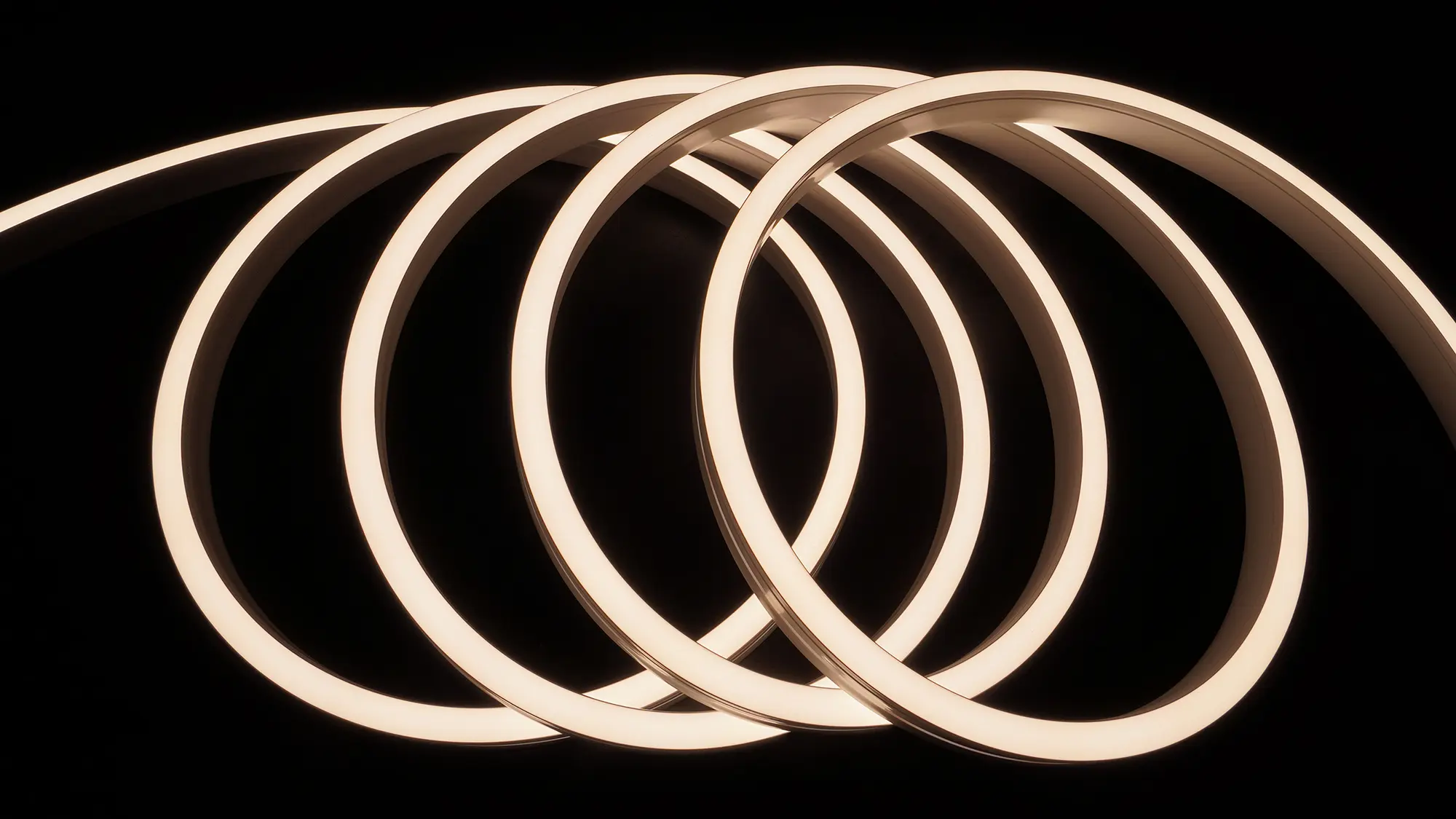
Hinterlasse einen Kommentar
An der Diskussion beteiligen?Hinterlasse uns deinen Kommentar!